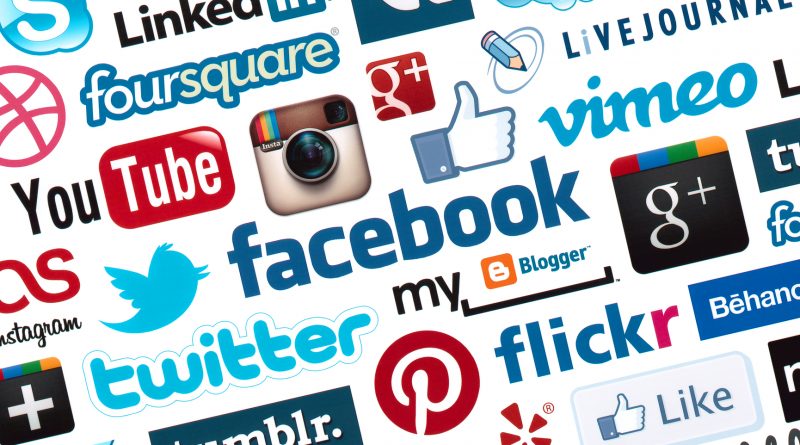You being ‘triggered’ is your problem, not ours
“Your triggers are your responsibility. It isn’t the world’s obligation to tiptoe around you.”
Doesn’t that just about sum up today’s world?
The opening quote was posted on a store’s front door and it went viral on discussion forums. Most commenters agreed that people need to take responsibility for their own feelings and reactions to things.
I learned the hard way in my early 20s when I was going through anxiety and depression, that I’m in charge of my emotions. It was a deflection when I would blame people for my own misery. It was a friend, who was majoring in psychology, who gave me the verbal smackdown when I called out someone else for my mood.
Fast forward 20 years and it’s a free for all when it comes to pointing fingers about people becoming unhinged about things.
Fortunately, I’m not easily offended so I don’t have any “triggers” that set me off. If I did, as I said, it would be my responsibility and my responsibility alone.
Unfortunately, we (the un-triggered) have to cater to and, as that opening quote states, tiptoe so that we don’t step on the feelings of those delicate snowflakes (are they still called that?).
Indeed, you’ll notice “viewer advisories” at the start of TV shows and movies that “warn” that “some scenes might be triggering for some viewers.”
What’s bizarre to me, especially as we head into Halloween, is that people are fascinated by murder and horror movies. Characters being injured, stabbed, chased, strangled, shot, cut up or drowned is entertaining. The warning before those movies on TV is that it “contains scenes of violence and course language.”
But a newsmagazine such as 48 Hours or Dateline that features a story about racism or rape can get one of those “triggering” warnings because a viewer’s feelings need to be spared. People need to prepare themselves for the story that will damage them further.
When it comes to Freddy Krueger on Elm Street, who’s going to slice up someone’s face and leave them dead on the ground, that’s not as “triggering” for viewers to witness.
One could argue that viewers recognize the difference between pretend murder in a scripted movie versus a real-life murder story on a newsmagazine show. (I should’ve ended that sentence with a question mark because I might even be asking it.)
Part of the reason I signed off from one of my syndicated radio shows after 15 years was because it was annoying to censor myself in real time so as not to offend the delicates.
I remember the infamous time I referred to Demi Lovato as a “her” (as in “her new album was released”) and people were outraged because that month Lovato declared that she was a “they.” She later became a she again the next year. Wait, they became a she again the next year. See how confusing it is? (By the way, even the grammar check on my computer is underlining the she/they switches as being incorrect. And you can’t argue with Microsoft Word.)
I knew we were headed for trouble if my calling a woman a she would “trigger” people and I was to blame because people couldn’t control their emotions. And, truthfully, I ain’t got time for that.



